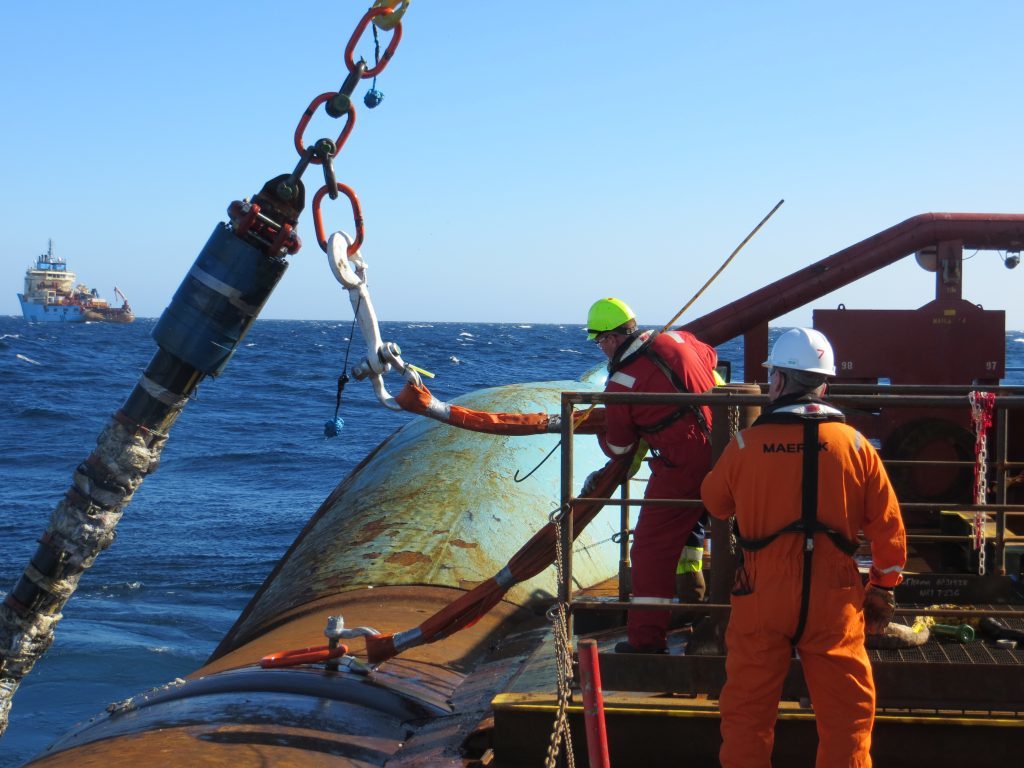
Oil platforms in the North Sea should be made clean and safe then left in position, according to an industry expert.
Tom Baxter, a senior lecturer in chemical engineering at Aberdeen University, said the move would offer better value for money for taxpayers, while current decommissioning plans – which mostly require infrastructure to be removed – could do more harm to the environment than good.
He said the money saved by leaving the structures could be redirected into green energy, such as solar, tidal or wind power.
Under current rules – which include the Petroleum Act 1998 and the Ospar convention governing the North Sea – oil and gas firms are required under most circumstances to remove installations when they are no longer in use.
The cost of decommissioning is shared between the firms and the UK Government, with Mr Baxter stating taxpayers could pay a final bill of between £20-30 billion.
He said: “By most fiscal standards this is a huge sum of money.
“As taxpayers we should be asking the government to show us that the agreed decommissioning plans are the best solution for taxpayers from a societal, environment and economic position.”
He continued: “The motivation for offshore architecture removal is environmental.
“If, as many believe, the most pressing issue of our time is global warming then it may be much more beneficial for the environment, society and the economy if the architecture was left clean and in place and the money saved directed into green energy and emissions reduction.”
He said a growing number of experts now argue that there is little environmental benefit from removal.
Mr Baxter, who has decades of experience in oil and gas, added: “Indeed, some of the decommissioning activities will do more environmental harm than good.
“This is due to seabed disruption of marine colonies built up over 30 or so years.
“Furthermore, the removal process itself is very energy intensive with consequent harmful combustion gas emissions – contributing to global warming. If the architecture is left in place, it will naturally continue to reef, providing an environmental positive.”
A spokeswoman for the Department for Business, Energy and Industrial Strategy said: “Offshore oil and gas operators must decommission installations and pipelines at the end of a field’s economic life.
“This is done in accordance with UK and international obligations and is delivered in a safe, efficient and cost-effective manner for taxpayers, while minimising the risk to the environment and other users of the sea.”
Recommended for you
